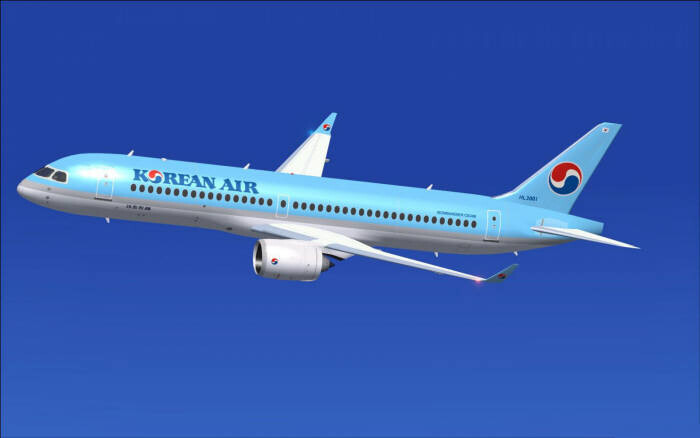
Korean Air is set to embark on a major overhaul of its flight schedules following its merger with Asiana Airlines. The airline plans to diversify overlapping routes and aggressively pursue new destinations, aiming to enhance passenger convenience and attract a significant number of transfer passengers, ultimately positioning Incheon International Airport as a global aviation hub.
Until recently, Korean Air and Asiana Airlines often operated flights to the same destinations at similar times. As competitors, both airlines sought to attract passengers on key routes by offering similar flight schedules. However, with the merger, Korean Air aims to minimize overlapping routes and provide passengers with a wider range of more convenient flight options.
The airline is currently exploring the possibility of combining the slots of both airlines and adjusting schedules to operate flights daily on routes that previously operated 2-3 times a week. For instance, the route between Incheon and Istanbul, currently operated by both airlines three times a week, could potentially be operated daily after the merger. This would offer passengers the flexibility to travel on any day of the week.
Furthermore, the airline is expected to expand its network of destinations. With the merger, the number of aircraft required is estimated to decrease by approximately 10%, assuming that the same number of flights are operated. This surplus capacity can be utilized to launch new routes or increase frequencies on popular existing routes.
The merger is also expected to benefit transfer passengers. For example, the travel time for passengers connecting from Sydney to London via Incheon could be significantly reduced from nearly 17 hours to just 3 hours and 20 minutes. By adjusting the schedules of overlapping flights, Korean Air can offer more efficient connection times.
Korean Air believes that attracting more transfer passengers will enhance the competitiveness of Incheon International Airport. Countries like Dubai, the Netherlands, the United Kingdom, Malaysia, and Singapore have successfully positioned their airports as global hubs by actively attracting transfer passengers.
An industry official stated, "Korean Air's diverse flight schedules and route development following the merger will significantly contribute to Incheon International Airport becoming Asia's number one hub. By increasing the number of transfer passengers arriving in Incheon, this will also create more opportunities for domestic low-cost carriers, thereby driving the entire Korean aviation industry."
[Copyright (c) Global Economic Times. All Rights Reserved.]






























